To successfully launch a baking business in Virginia, it’s essential to understand the state’s cottage food regulations. These regulations dictate what types of baked goods can be sold, labeling requirements, and sales limitations. By familiarizing yourself with these rules, you can ensure compliance and avoid potential issues.
Key Takeaways
- Understand Virginia’s cottage food law to operate a legitimate baking business
- Familiarize yourself with labeling requirements and sales limitations
- Comply with state regulations to avoid potential issues
- Start small and scale your business as needed
- Stay informed about any changes to cottage food regulations
Understanding Virginia’s Cottage Food Laws
The state of Virginia has established specific cottage food laws that govern how home bakers can operate. These laws are designed to balance the needs of small-scale food producers with public health concerns.
What Are Cottage Food Laws?
Cottage food laws allow individuals to prepare and sell certain foods from their home kitchens without needing a full commercial food license. These laws vary by state and typically cover low-risk foods such as baked goods, jams, and candies.
Virginia’s Two Paths: Home Food Processing Operation vs. Private Home Exemption
In Virginia, home bakers can operate under two different exemptions: the Home Food Processing Operation and the Private Home Exemption. The Home Food Processing Operation requires registration with the Virginia Department of Agriculture and Consumer Services (VDACS) and allows for the sale of specific cottage foods at farmers’ markets and other approved venues.
Key differences between the two paths:
| Characteristics | Home Food Processing Operation | Private Home Exemption |
|---|---|---|
| Registration Requirement | Yes, with VDACS | No |
| Sales Venues | Farmers’ markets, roadside stands, etc. | Direct sales to consumers, online, etc. |
| Sales Limitations | $25,000 annual gross sales | $5,000 annual gross sales |
Sales Limitations and Regulatory Differences
The sales limitations and regulatory requirements differ significantly between the Home Food Processing Operation and the Private Home Exemption. For instance, under the Home Food Processing Operation, gross sales are limited to $25,000 annually, while the Private Home Exemption has a much lower limit of $5,000.
Understanding these differences is crucial for home bakers to ensure compliance with Virginia’s cottage food laws and to choose the path that best suits their business needs.
Home Bakery Virginia Cottage Food Regulations and Requirements
To operate a home bakery in Virginia, it’s crucial to understand the regulations and requirements under the Cottage Food Laws. These laws are designed to ensure that home-baked goods are safe for consumption while allowing individuals to start small businesses from their homes.
Permitted Baked Goods and Products
Under Virginia’s Cottage Food Laws, home bakers are allowed to produce a variety of baked goods. These include:
- Bread
- Cakes
- Cookies
- Pies (with certain restrictions)
- Muffins
- Pastries
These items are considered low-risk and can be made and sold without the need for a commercial kitchen or extensive food safety training.
Foods That Don’t Require Temperature Control
Cottage foods are typically those that don’t require temperature control to prevent spoilage. This includes baked goods, jams, honey, and other similar products. The law emphasizes that these foods should be made in a home kitchen that is inspected and approved by the local health department, although specific requirements can vary.
“The key to success in a home bakery is understanding what products are allowed under the Cottage Food Laws and ensuring that your kitchen and practices comply with state regulations.”
Virginia Department of Agriculture and Consumer Services
Prohibited Items and Safety Considerations
Certain foods are prohibited under the Cottage Food Laws due to safety concerns. These include:
- Dairy products
- Meat products
- Foods that require refrigeration
- Certain types of pies (e.g., cream or custard pies)
Home bakers must be aware of these restrictions to avoid fines or closure.
pH Value Requirements for Certain Products
For certain acidified foods, such as pickles or some types of canned goods, the pH level is crucial for safety. These products must have a pH level of 4.6 or lower to be considered safe and compliant with regulations. While this is more relevant to non-baked goods, home bakers who diversify their products need to be aware of these requirements.
| Product Type | pH Requirement | Temperature Control |
|---|---|---|
| Acidified Foods | 4.6 or lower | Not Required |
| Baked Goods | N/A | Not Required |
| Dairy Products | Varies | Required |
By understanding and adhering to these regulations, home bakers in Virginia can ensure their businesses are compliant with state laws, providing safe products to their customers while minimizing legal risks.
Setting Up Your Home Bakery Business
Virginia’s cottage food laws provide a great opportunity for home bakers, but setting up your business correctly is crucial. As you start your home bakery journey, you’ll need to navigate various regulatory requirements and business considerations.
Business Licensing Requirements in Virginia
To operate a home bakery in Virginia, you’ll need to obtain the necessary business licenses. While a business license is not always required for home-based businesses under the Cottage Food Law, registering your business can provide benefits like liability protection and tax advantages. Check with your local government to determine if a business license is required in your area.
Tax Registration and Considerations
As a home baker, you’ll need to understand your tax obligations. In Virginia, you may need to register for a Virginia Business License and obtain a Sales Tax Certificate if you’re selling taxable goods. Consult with a tax professional to ensure you’re meeting all tax requirements and taking advantage of available deductions.

Insurance Options for Home Bakers
Insurance can provide valuable protection for your home bakery business. Consider liability insurance to safeguard against potential lawsuits and business interruption insurance to protect your income in case of unexpected events.
Liability Protection Strategies
To further protect your business, consider implementing liability protection strategies. This may include forming a limited liability company (LLC) to separate your personal and business assets, or using product liability insurance to cover potential risks associated with your baked goods.
By carefully addressing these business setup considerations, you can establish a solid foundation for your home bakery and focus on growing your business with confidence.
Food Safety and Kitchen Requirements
As a home baker in Virginia, understanding and implementing food safety practices is essential. Maintaining a safe and clean kitchen environment not only ensures the quality of your baked goods but also protects your customers from potential health risks.
Home Kitchen Standards
Virginia’s Cottage Food Laws outline specific requirements for home kitchens where baked goods are prepared. Your kitchen must be clean, well-maintained, and free from contamination sources. This includes ensuring that pets are kept out of the kitchen during food preparation and that surfaces are regularly sanitized.
Food Handler Training Options
While formal food handler training is not always mandatory for home bakers under Virginia’s Cottage Food Laws, it’s highly recommended. Organizations like the Virginia Department of Agriculture and Consumer Services offer resources and training programs that can help you understand food safety principles and best practices.
Preventing Foodborne Illness
Preventing foodborne illness is critical for home bakers. This involves proper handling and storage of ingredients, maintaining clean equipment, and ensuring that baked goods are stored at the correct temperature. As food safety expert, Dr. Emily Smith, notes, “Even small mistakes in food handling can lead to significant health risks.”
“The cleanliness of your kitchen directly impacts the safety of your food products.”
Record Keeping Best Practices
Keeping detailed records is a crucial aspect of food safety. This includes documenting ingredient sources, production dates, and sales records. By maintaining accurate records, you can quickly identify and address any potential issues that may arise. Consider using a simple logbook or digital tool to keep track of your baking activities.
By adhering to these guidelines and maintaining a commitment to food safety, you can build a successful and reputable home bakery business in Virginia.
Marketing and Selling Your Baked Goods
With your Virginia home bakery up and running, it’s time to explore the various channels for selling your products. Effective marketing and sales strategies are crucial for attracting and retaining customers.
Approved Sales Venues in Virginia
Virginia’s Cottage Food Laws specify approved venues where home bakers can sell their products. These include:
- Farmers’ markets
- Roadside stands
- Direct-to-consumer sales
- Bake sales
- Community events
Understanding these approved venues is essential for planning your sales strategy.
Farmers’ Markets and Direct-to-Consumer Sales
Farmers’ markets are an excellent way to showcase your baked goods and connect with potential customers. To succeed, you’ll need to:
- Develop an attractive display
- Offer samples to customers
- Clearly label your products with pricing and ingredients
Direct-to-consumer sales allow you to build personal relationships with your customers, potentially leading to repeat business and word-of-mouth referrals.
Building Your Home Bakery Brand
Establishing a strong brand identity is vital for differentiating your home bakery from competitors. Consider the following:
- Develop a unique logo and packaging
- Create a consistent visual aesthetic across your products and marketing materials
- Define your brand’s story and values
A strong brand will help you build customer loyalty and attract new customers.
Online Presence and Social Media Strategies
In today’s digital age, having an online presence is crucial for any business. For home bakers, this can include:
| Platform | Purpose | Benefits |
|---|---|---|
| Showcasing products | Visual appeal, customer engagement | |
| Promoting events, sales | Wide reach, targeted advertising | |
| Website | Central information hub | Easy access to information, online ordering |
By leveraging these online platforms, you can increase your visibility and reach a wider audience.
Conclusion: Starting Your Virginia Home Bakery Journey
Starting a home bakery in Virginia can be a rewarding venture, but it requires a thorough understanding of the state’s cottage food laws. By familiarizing yourself with the regulations and requirements outlined in this article, you can confidently launch your business and navigate the competitive world of baking.
To succeed on your Virginia home bakery journey, it’s essential to comply with the cottage food laws, which dictate what types of baked goods can be sold and where. Ensuring your home kitchen meets the necessary standards and obtaining any required licenses or training will help you establish a reputable business.
As you begin selling your baked goods at approved venues, such as farmers’ markets, focus on building your brand and creating an online presence through social media. With dedication and a commitment to quality, you can turn your passion for baking into a successful home-based business, thriving under Virginia’s cottage food laws.
FAQ
What is Virginia’s Cottage Food Law?
Virginia’s Cottage Food Law allows individuals to prepare and sell certain foods from their home kitchen without a state license, as long as they follow specific guidelines and regulations.
What types of foods can I sell under Virginia’s Cottage Food Law?
You can sell baked goods, such as bread, cakes, and cookies, as well as other non-hazardous foods like jams, honey, and candies, as long as they don’t require temperature control.
Do I need a business license to sell cottage foods in Virginia?
Yes, you need a business license to sell cottage foods in Virginia, and you must also register with the Virginia Department of Agriculture and Consumer Services.
What are the sales limitations for cottage food producers in Virginia?
Cottage food producers in Virginia are limited to $25,000 in gross sales per year, and they must sell their products directly to consumers.
Do I need to have food handler training to sell cottage foods in Virginia?
While not required, food handler training is highly recommended to ensure you’re handling and preparing foods safely.
Can I sell my cottage foods online or at farmers’ markets?
Yes, you can sell your cottage foods online or at farmers’ markets, but you must comply with Virginia’s Cottage Food Law and regulations.
What are the labeling requirements for cottage foods in Virginia?
You must label your cottage foods with the name and address of your business, the name of the product, and a list of ingredients, as well as any allergen warnings.
Can I sell cottage foods that require refrigeration?
No, you cannot sell cottage foods that require refrigeration, as they are considered hazardous and require special handling and storage.
How do I ensure food safety in my home kitchen?
To ensure food safety, you should follow proper handling and preparation procedures, maintain a clean kitchen, and keep records of your sales and production.
What are the consequences of non-compliance with Virginia’s Cottage Food Law?
Non-compliance with Virginia’s Cottage Food Law can result in fines, penalties, and even the closure of your business.
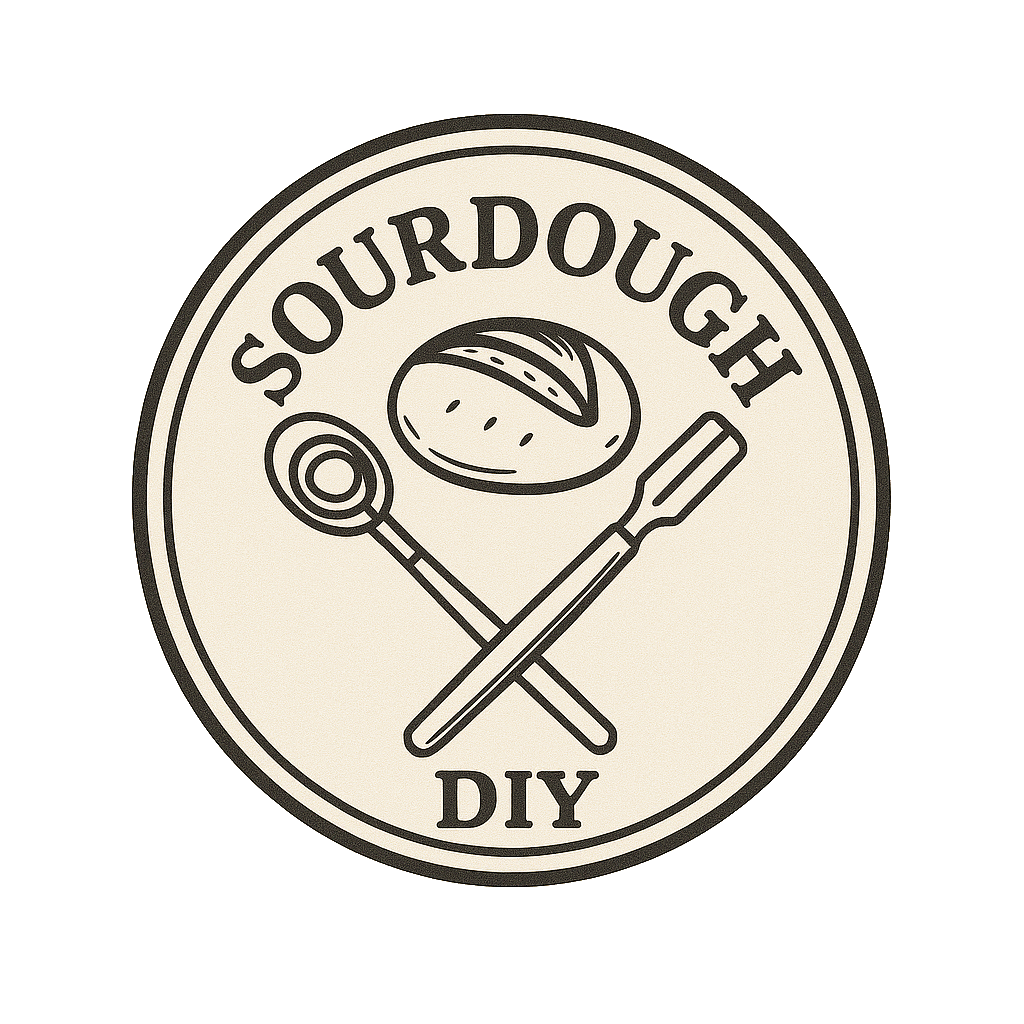
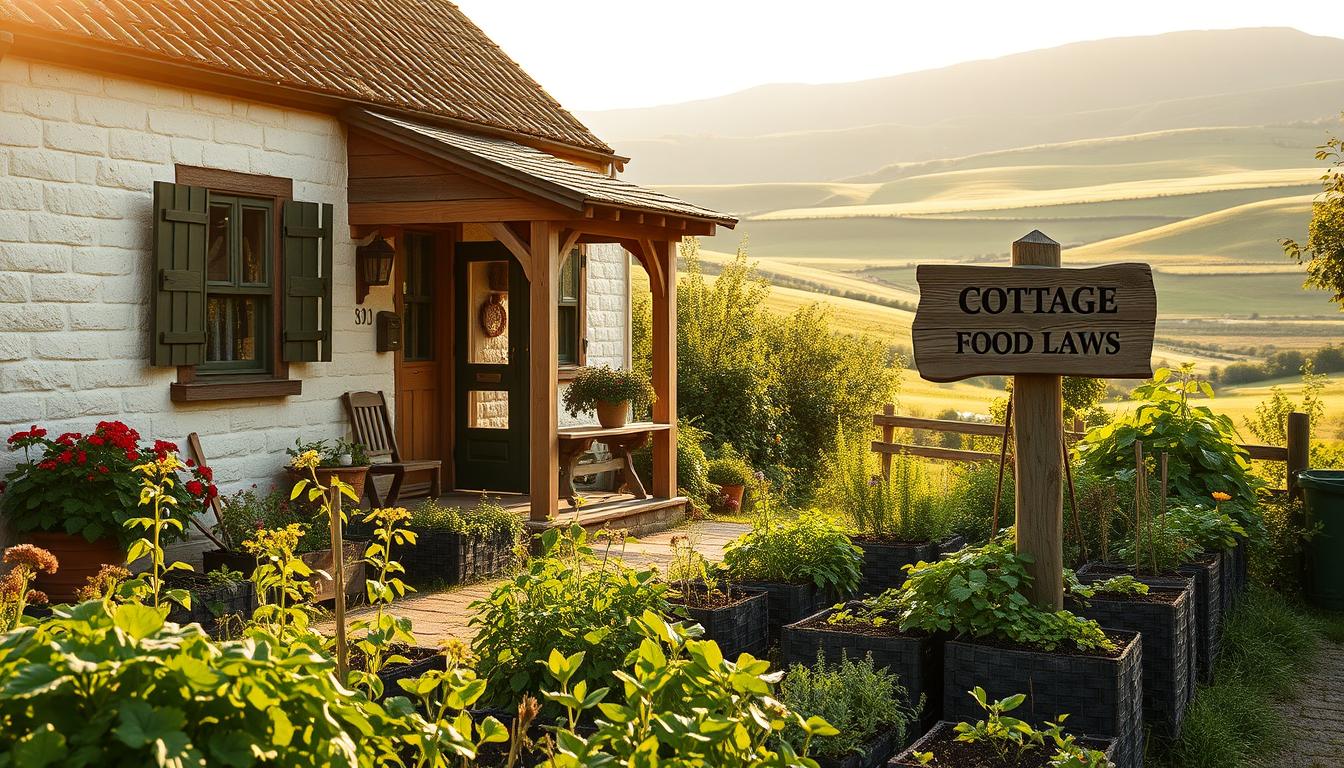
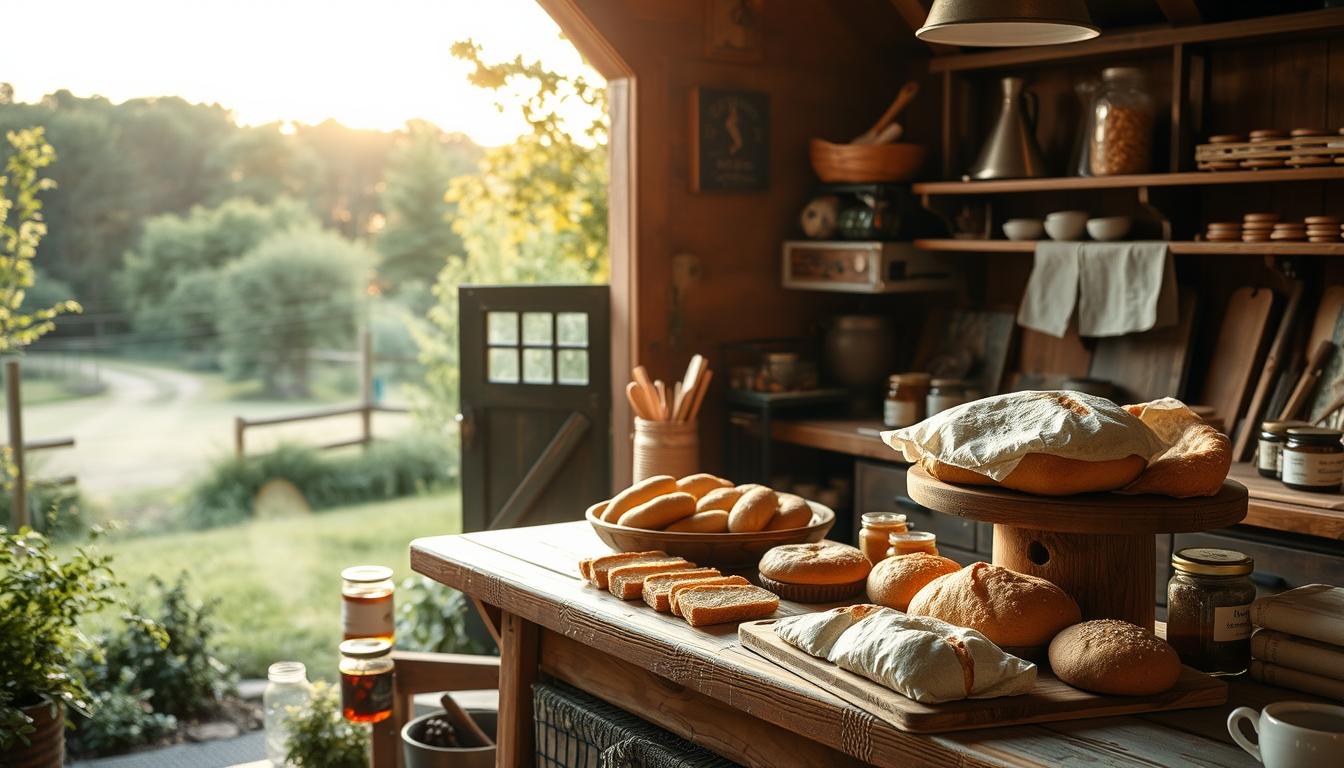
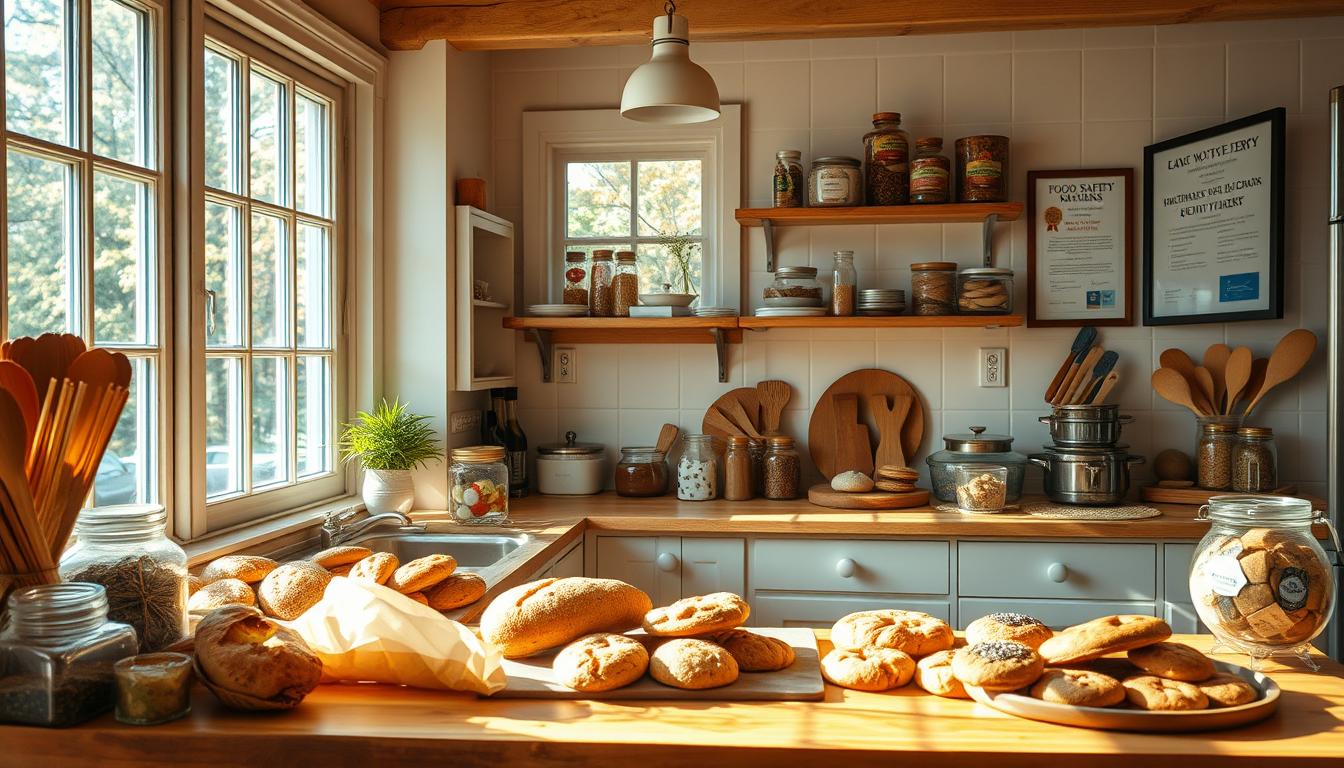
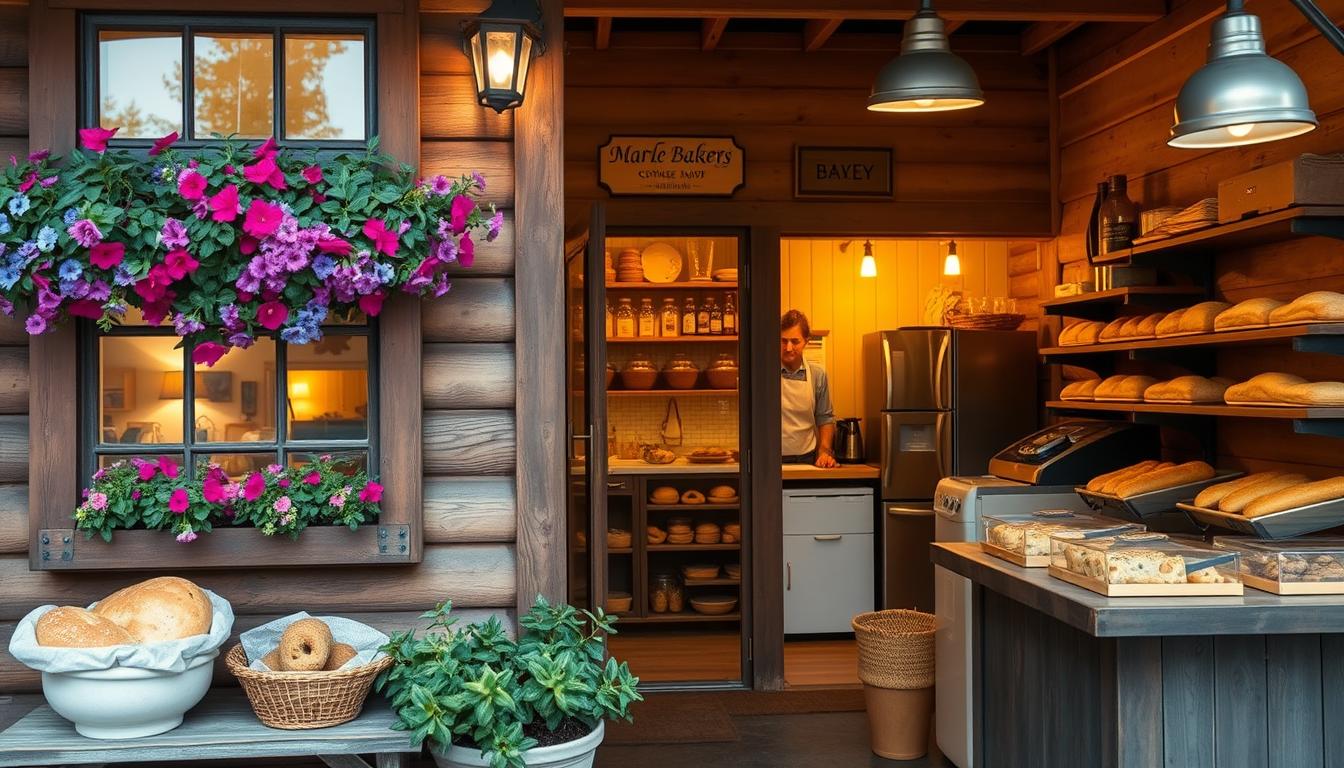
Leave a Reply